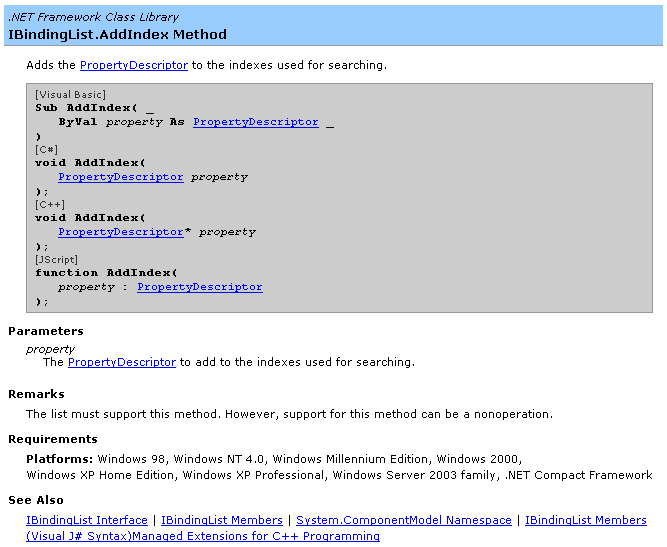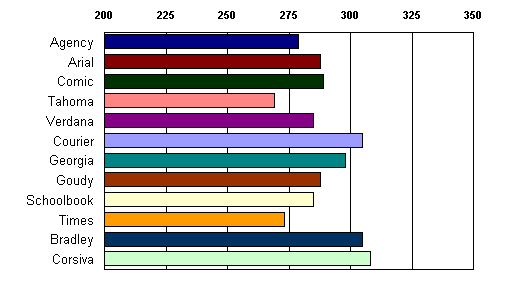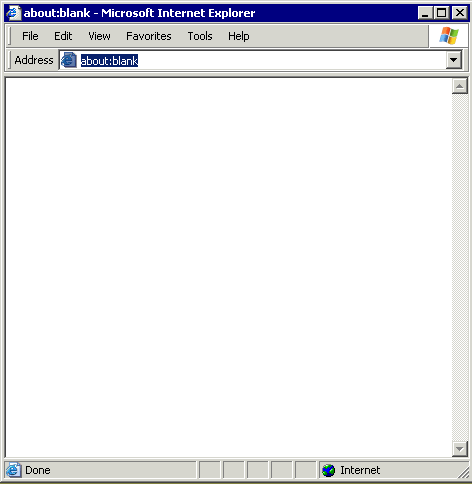specifications
Dysfunctional Specifications
The guys at 37signals think functional specs are worthless: Don’t write a functional specifications document. Why? Well, there’s nothing functional about a functional specifications document. Functional specifications documents lead to an illusion of agreement. A bunch of people agreeing on paragraphs of text is not real agreement. Everyone







